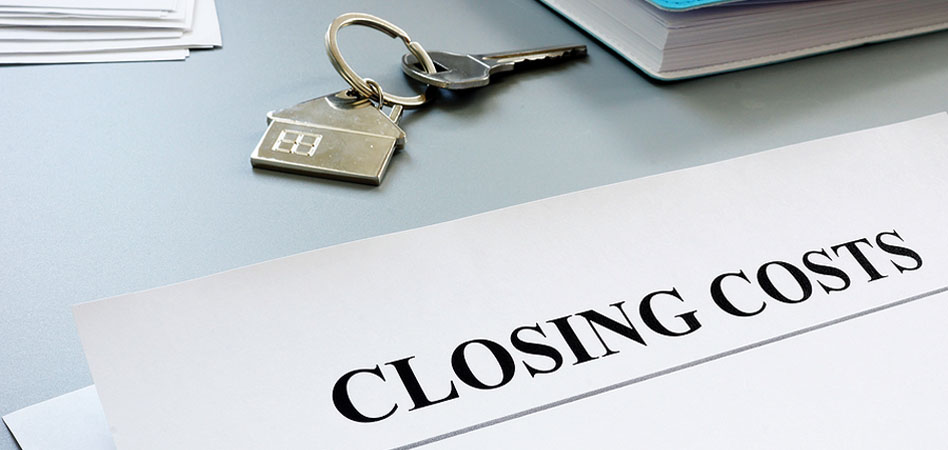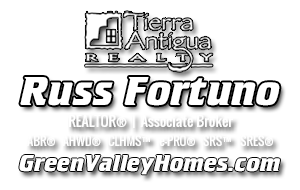
Closing Costs
and other fees incurred by Home Buyers
Closing Costs are fees above and beyond the purchase price of the home that cover title and escrow services, document preparation, inspections, Home Owners Association assessments, along with fees and services to process your mortgage. Both buyers and sellers incur closing costs.
Keep in mind that in real estate transactions, almost anything is negotiable. In a buyer’s market, you may be able to get the seller to pay some of your closing costs, depending on the offer that you’ve submitted and how strong of a negotiating position you’re working from.
In a seller’s market, however, buyer’s are unlikely to be able to negotiate their costs. Trust in your buyer’s agent’s advice, because in a competitive market, asking the seller to pay your closing costs will likely result in a rejected offer. (Click here to see the seller’s closing costs.)
Here’s a guide to closing costs and other fees you can expect to pay when buying a home.
Home Inspections
Once your purchase contract is accepted by the seller, you’ll typically have 10 days to complete a home inspection. You’ll pay for inspections (*typically between $300 and $500) out-of-pocket at the time services are performed.
Loan Costs
If you’re applying for a loan, you’ll incur application and processing fees in addition to the amount of the purchase price that you’re financing.
Credit Report or Application Fee: *Usually $50 – $100. Lenders with check your credit history from all three major credit reporting agencies. They’ll usually collect the fee at the time you complete your loan application, and recheck your credit again just prior to closing.
Appraisal: *Expect $500 – $650. Your lender will order an appraisal to determine whether the property is worth the price you’ve offered for it. Lenders will usually collect the fee once your purchase contract is accepted and you are ready to move forward with your loan application.
Loan Origination Fee: Typically about 1% of the total loan amount (some lenders charge a flat fee regardless of the loan amount). This fee is charged by a lender for processing the loan application, and as compensation for originating the new loan. The fee is collected at closing.
Discount Points: An optional, one-time charge by the lender or mortgage broker to obtain a lower interest rate and therefore reduce your monthly mortgage payment. The more “points” you pay up front, the lower the interest rate. Each point is a fee equal to 1% of the loan amount.
Mortgage Insurance: If you get a conventional loan with a down payment less than 20 percent of the purchase price, you’ll be required to carry Private Mortgage Insurance (PMI) to protect the lender should you default on your loan. You’ll pay for PMI until your equity reaches 20 percent.
If you obtain a government-backed loan (FHA, USDA or VA) you’ll also pay for mortgage insurance (or a funding fee) at closing, or as part of your monthly payment, or both. More here.
Lender’s Title Insurance Policy: A one-time charge, this policy insures the lender against loss as a result of defective title, or against loss of priority of the mortgage. (A separate Owners Policy, paid for by the seller, protects the buyer.) Budget between $500 and $1,500 for the policy, depending on the amount of your loan.
* Estimates only; actual costs may vary. Additional fees may apply to FHA, VA or USDA loans.
Taxes, Insurance, HOA and GVR
Hazard Insurance: This is your homeowners insurance policy that protects the property against loss from fire, flood, or other natural disasters. A full-year’s premium is typically paid at closing. Monthly premiums will be collected by the lender and held in an impound account to pay subsequent year’s policy when it becomes due.
Property Tax: Because property taxes in Arizona are paid in arrears, an amount for taxes required and collected by the lender will be held in an impound account to ensure adequate funds are available to pay the taxes when they become due. The amount varies according to the closing month.
Homeowners Association Fees (HOA): In addition to your prorated share of monthly or annual HOA dues, most HOA’s collect a transfer and/or capital improvement fee. The fees are disclosed and negotiated between buyer and seller in the “HOA Addendum” of the purchase contract.
Green Valley Recreation (GVR): If you’re purchasing a home with a deed-restricted GVR membership, you’ll pay a one-time membership change fee of $2,900 at close of escrow, plus an annual recreation fee of $510. A one-time transfer fee of $450 also applies to all transactions. The annual recreation fee will be prorated based on your closing date. More here.
Escrow Fees
Escrow Fee: This fee is charged by the escrow company as a neutral third party to carry out the process of transferring ownership of property. Fees vary from $300 – $1,100, depending on the purchase price of the home and are split between the buyer and seller.
Processing & Recording Fees: An estimate of $200 should be adequate to cover minor fees such as a notary, recording documents, couriers, wire transfers, tax service fees, etc., and other miscellaneous charges.
As you can see, there are a number of different closing costs that you may encounter when you purchase a new home. The list above is not intended to be all-inclusive, but reflects what is generally required of most home buyers. If you’re making a cash purchase, for example, the “Loan Costs” will not apply, and in lieu of impound accounts with your mortgage payment, you’ll pay taxes directly to the county when due, and insurance to your carrier when the policy goes into effect.
Your Buyer’s Agent and an experienced mortgage professional will help you to better understand these costs.



